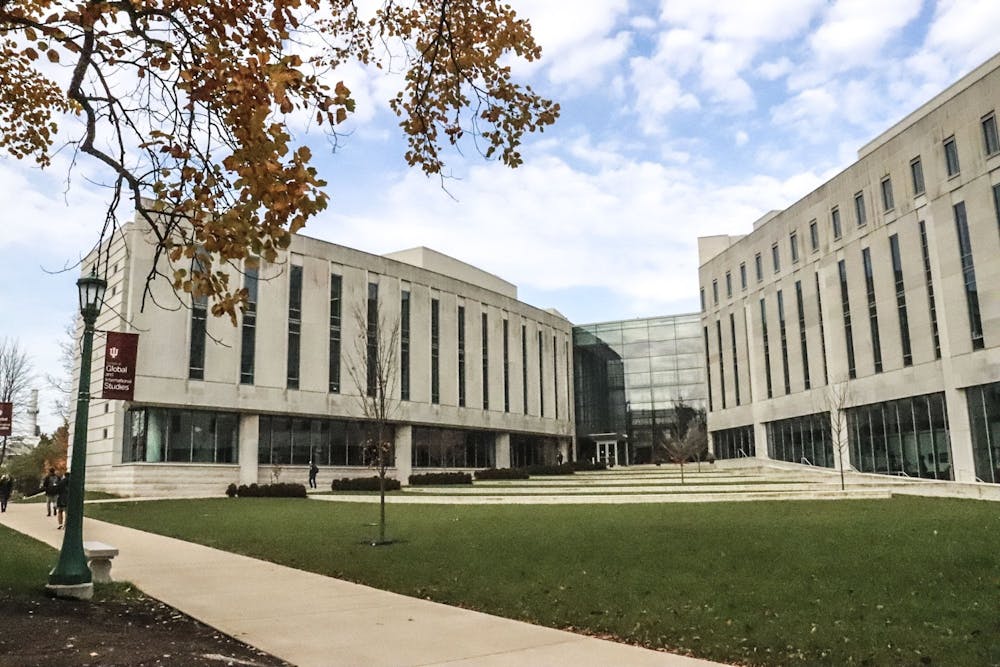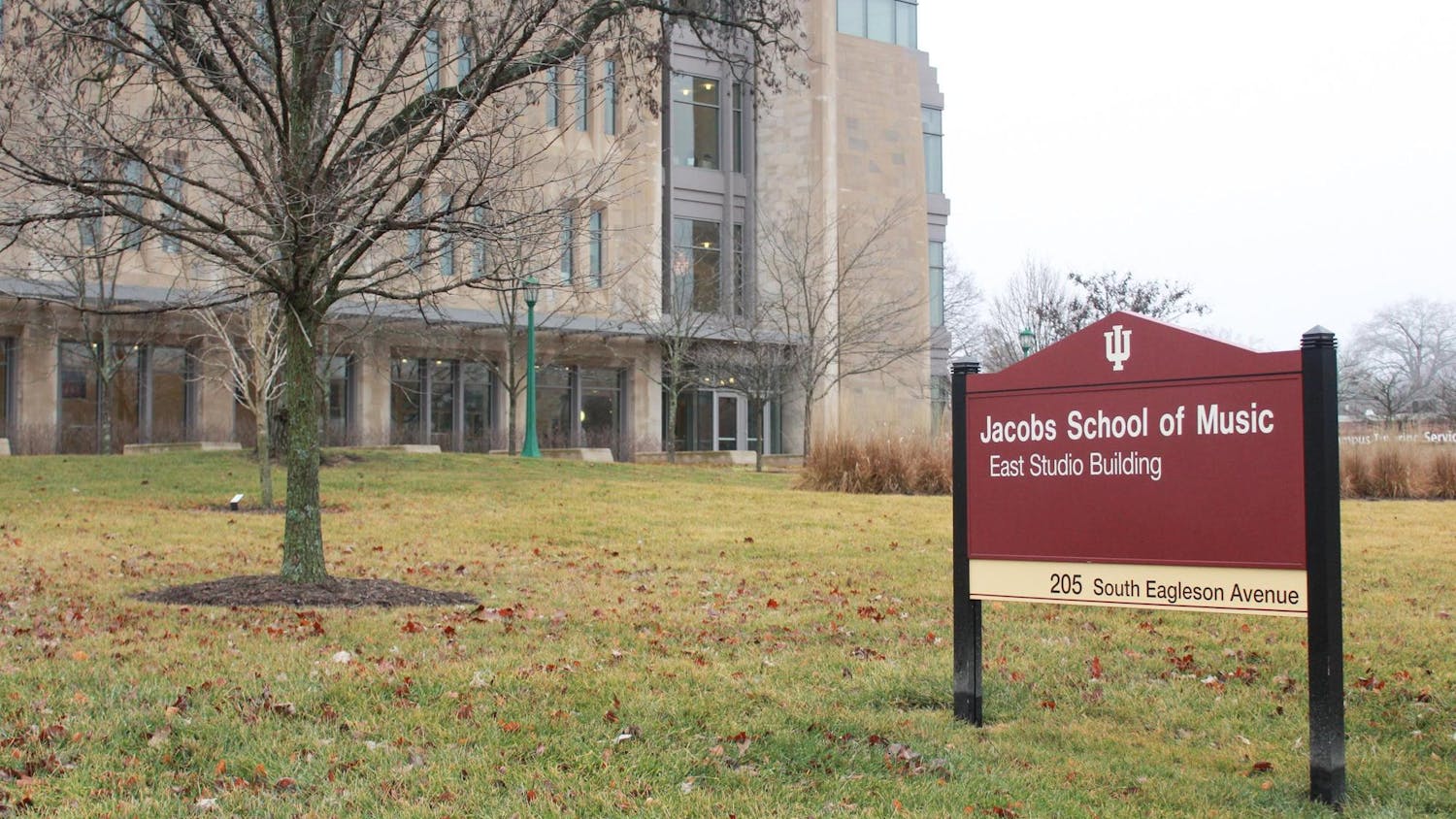Editor’s Note: This story includes mention of antisemitism.
Across the country this year, there have been 1,497 incidents of antisemitism. This is a 34% increase since 2021. With these incidents being at a record high, the Indiana University Helene G. Simon Hillel Center, the Jewish cultural center on campus, is working to combat antisemitism.
Rabbi Sue Laikin Silberberg, executive director of the Hillel Center, said Hillel has a student-run task force, that meets weekly, developing projects and events to help combat antisemitism.
“A project started last year was the Red Mezuzah Project where they bought thousands of Mezuzahs and painted them red with a sticker that said, ‘I stand with my Jewish friends’,” Silberberg said.
Related: [IU Hillel opens new Jewish Culture Center]
The task force also developed proactive education about what Judaism is and what antisemitism is, and they plan to go to different sororities and fraternities to teach about combating antisemitism.
Silberberg said antisemitism is truly at an all-time high right now and particularly college campuses have been targeted.
“There have been a lot of antisemitic acts across the country on college campuses which has been extremely hard for the Jewish students,” Silberberg said. “Many of them really have never faced antisemitism, and certainly not to a great level.”
Letting people know antisemitism is real and is happening is the most important thing to do, Silberberg said.
“We have to provide as much education as possible,” Silberberg said. “There is often a stereotype that all Jews are white and rich, when neither of those are true. Because of that, many people think Jews can’t be discriminated against. No matter what it still hurts, because it is something so integral to us and who we are.”
Founded in 2009 by Professor Alvin H. Rosenfeld, the Institute for the Study of Contemporary Antisemitism offers courses and pursues high-level scholarly research into present-day manifestations of anti-Jewish animosity.
Dr. Günther Jikeli, an associate professor at the Institute for the Study of Contemporary Antisemitism, said the Institute was created when Rosenfeld saw that antisemitism was not just something of the past.
“We conduct conferences, workshops, and webinars to help inform people of the antisemitism acts going on all around us,” Jikeli said. “Along with that, we have conducted our own research and have established a book series all related to antisemitism and its history.”
Related: [IU student charged with criminal mischief for desecration of Jewish mezuzah]
Jikeli said the shift in antisemitic acts in the United States didn’t start to increase until the terrorist attack of the Pittsburgh synagogue shooting in 2008.
“When that attack left 11 people dead, it was the first time in Bloomington, and around the country, that synagogues started to change their security measures and reconsider open door policies,” Jikeli said.
Jikeli said the best way of helping to combat antisemitism is to speak out, no matter how big or small the incident may be.
“This is a problem going on. The acts can come from anyone, even minorities, as we saw with the recent Kanye West incidents,” Jikeli said. “We just must speak out and talk about it when we see it. We must stop normalizing these things and truly it depends on those who speaks out.”
Alvin H. Rosenfeld, director of the Institute for the Study of Contemporary Antisemitism, told News at IU that the most important part in combating hate is to educate.
“Educate, educate, educate,” Rosenfeld said in the release. “It’s my own sincere sense that most people in America are decent people. They’re not antisemitic, but many just don’t live close to Jews, don’t mix and mingle with Jews, don’t know Jews, don’t know very much about Judaism. And they hear things that are just misinforming and misleading, so the more contact one can have the better.”




